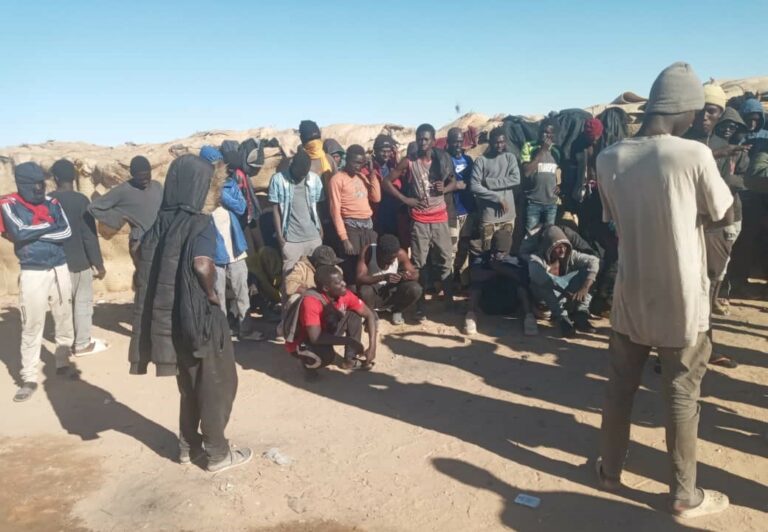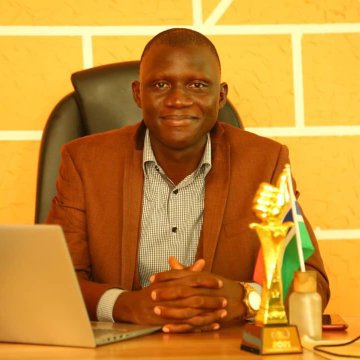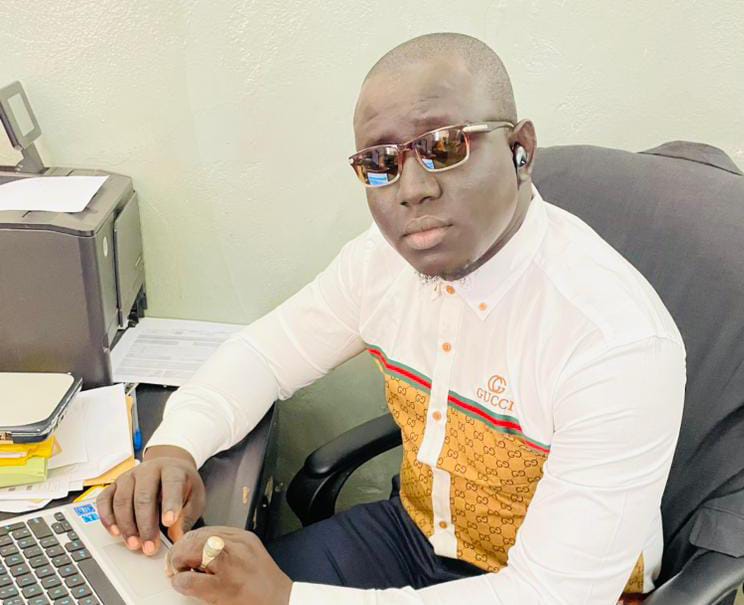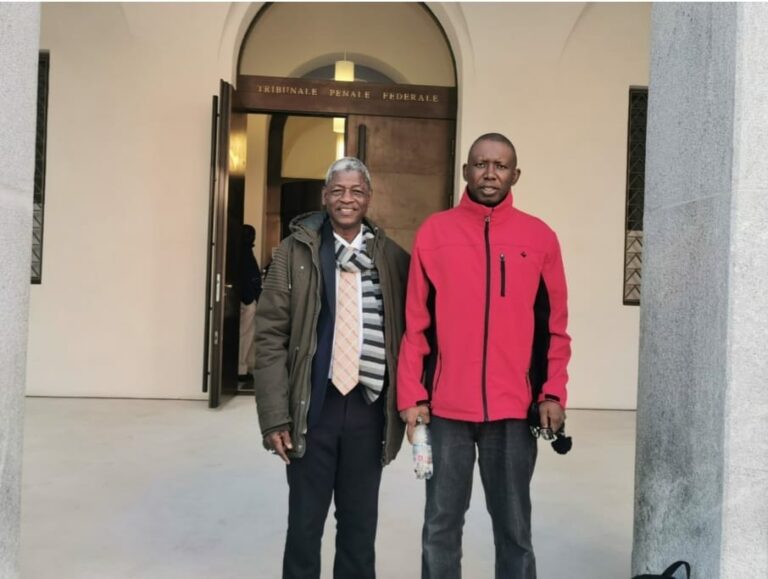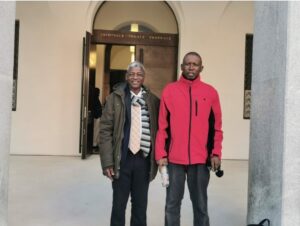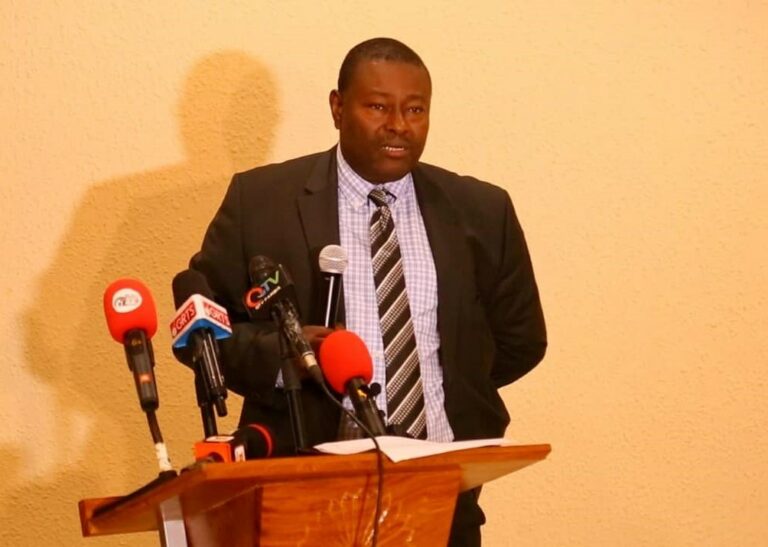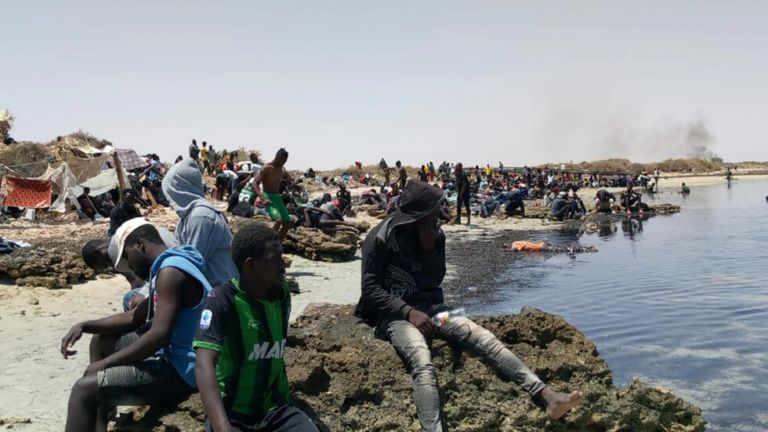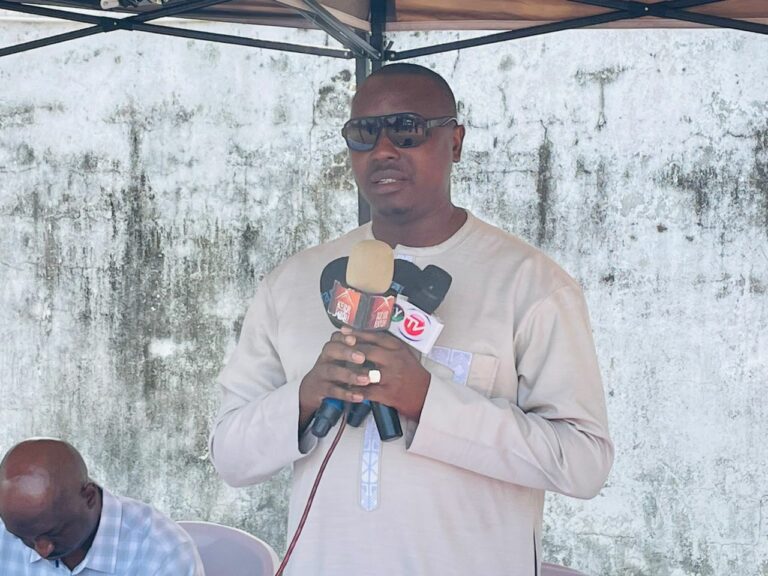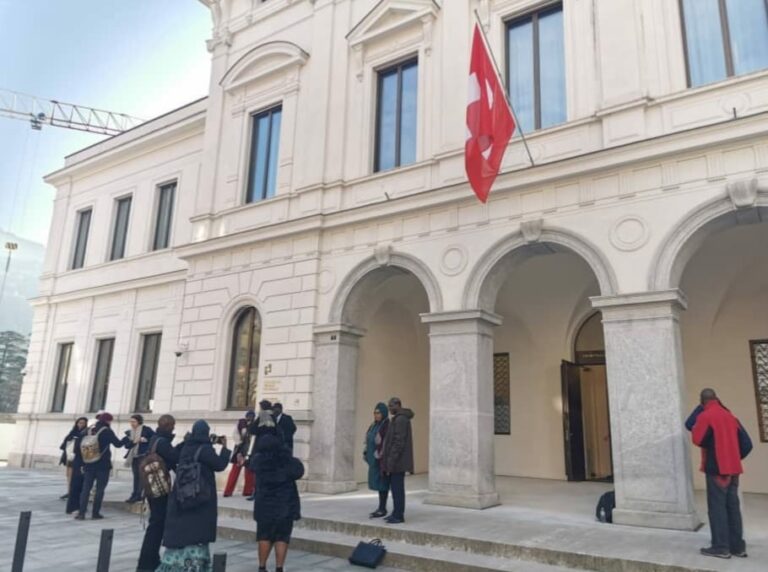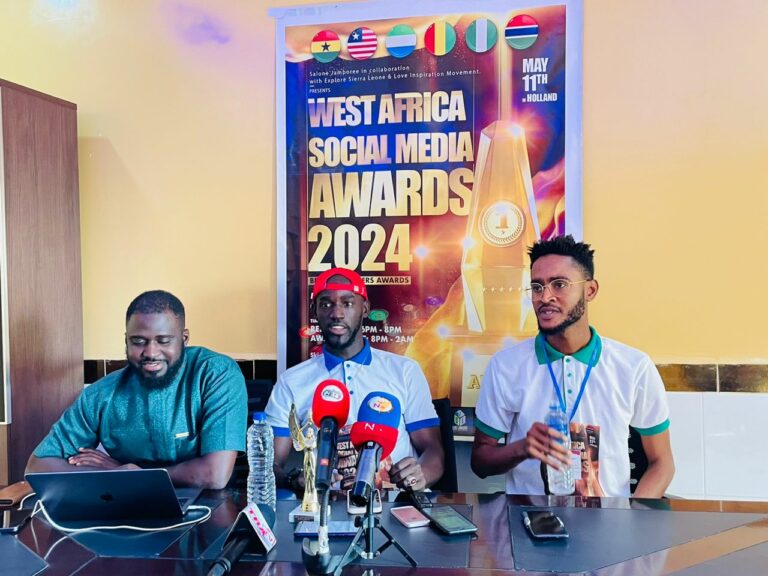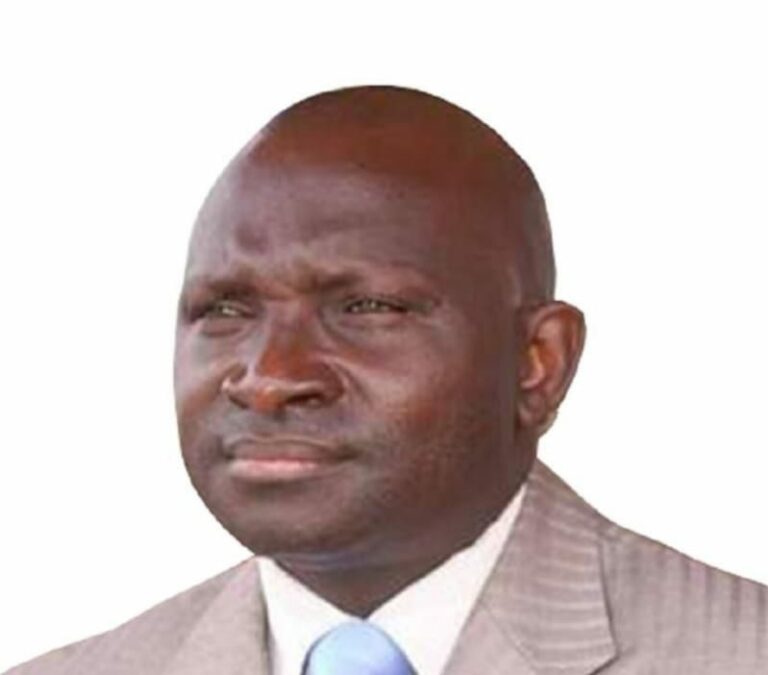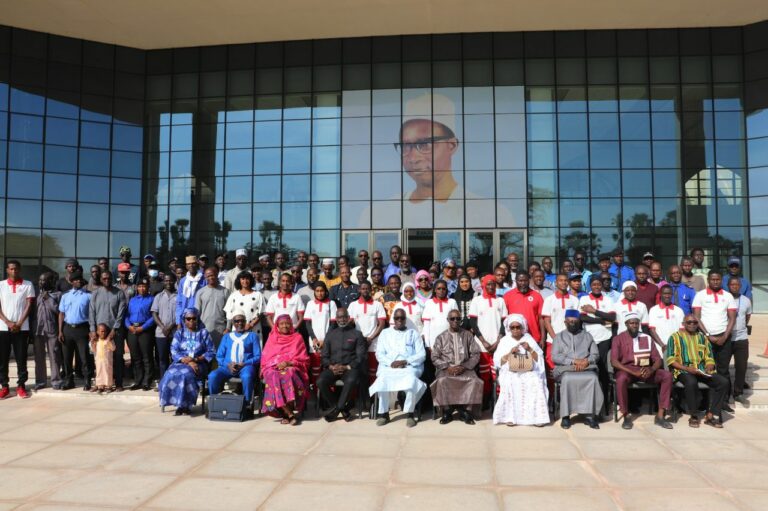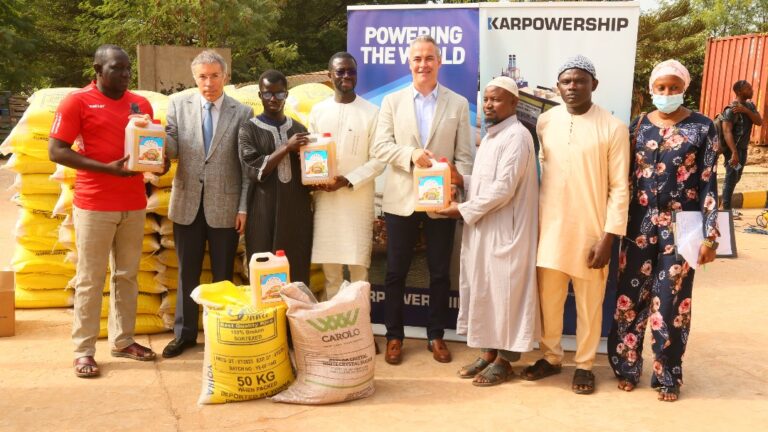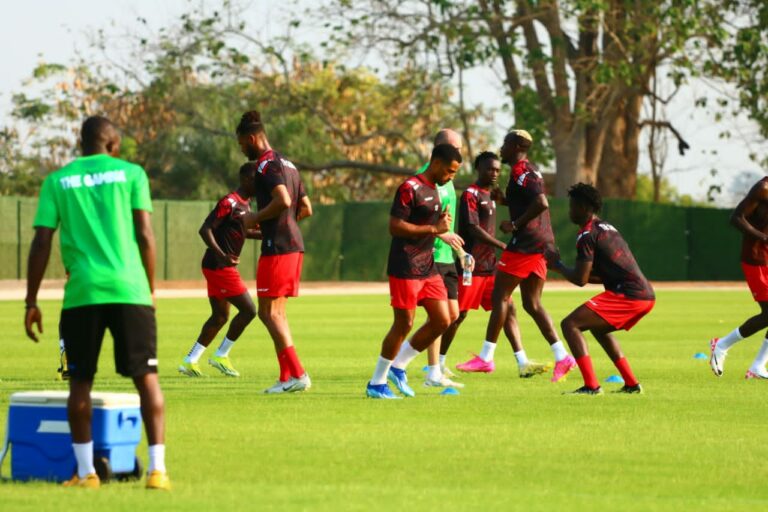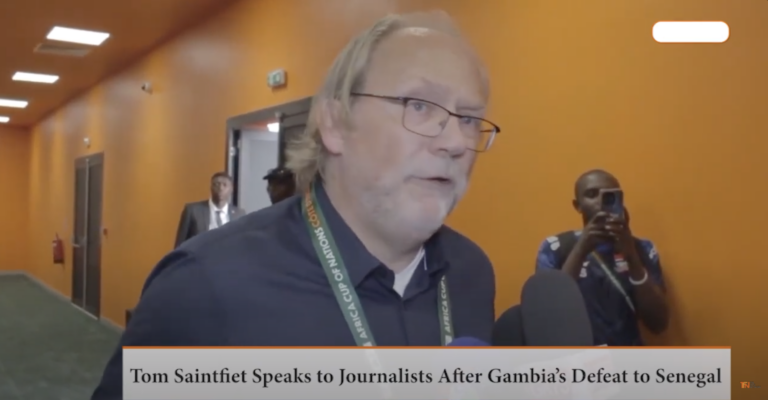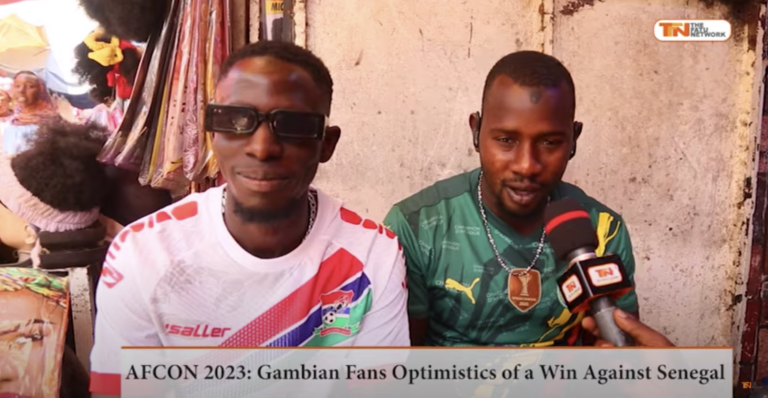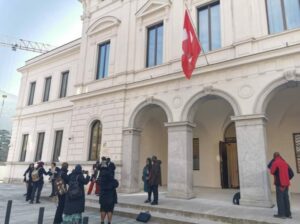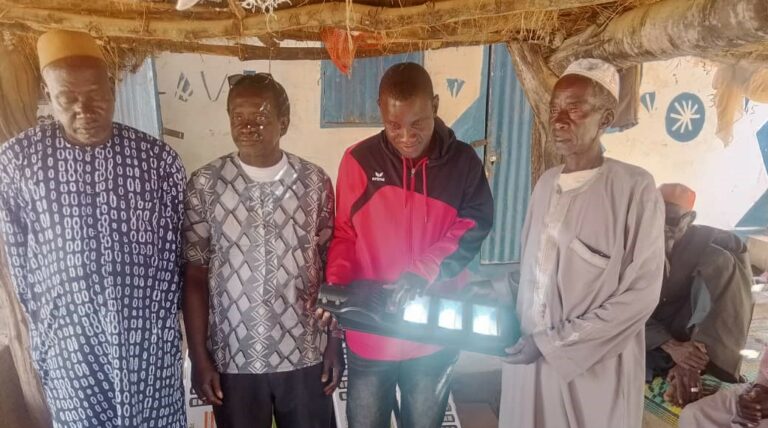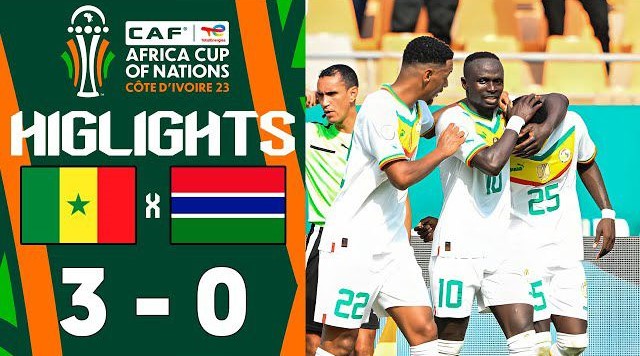By: Dawda Baldeh
More than two hundred Gambian migrants, attempting to reach Europe via Tunisia, are grappling with the looming threat of starving to death in the Niger desert if Gambian authorities fail to come to their rescue amidst police interference between Tunisia and Algeria.
The migrants, mainly young people, are urgently calling on the Gambian government for help. They accuse the Tunisian and Algerian police of committing serious human rights violations such as torture, murder, and sexual abuse. Alieu Jobe, one of the migrants, stated that they are suffering in Niger, where they are housed in a UN migrant camp, and even access to drinking water is a major problem. Disturbing videos depicting the harsh conditions they face have been circulating on social media.
The stranded migrants emphasize that they only seek better opportunities and are treated like animals by the Tunisian and Algerian authorities.
Due to police actions, the migrants find themselves in a state of uncertainty combined with fear and violence.
“We are suffering here, and we need the Gambian authorities to rescue us. We attempted to reach Europe via Tunisia, but we weren’t lucky. Some of our colleagues were brutally killed in Tunisia. Every time we are beaten, sexually abused, starved, and some of us are sick,” he narrated.
Jobe revealed that even water to drink is a major problem for them in Niger, where they are housed in a UN migrant camp.
Disturbing videos of these migrants in terrifying conditions have been circulating on social media recently. Many people have died brutally in the desert, according to the stranded migrants.
“The only crime we committed was seeking better opportunities. We leave home with the hope of succeeding to come back and develop home and remove our families from poverty…,” another migrant decried.
They described the Tunisian and Algerian authorities as heartless people. “We are treated like animals by these people. Sometimes we spend a day in this scorching heat without drinking,” another migrant, Lamin, told The Fatu Network.
Due to alleged police actions, the migrants find themselves in a state of uncertainty combined with fear and violence. They desperately want the government to intervene and assist them in returning home voluntarily. A migrant expressed in a WhatsApp voice note that they were loaded onto buses by the Tunisian and Algerian police and abandoned in the unknown desert, where some have already died from starvation.
“The Tunisian and Algerian police loaded us onto buses and dumped us in the mysterious desert with nothing to eat. In this desert, some have starved to death…,” a migrant said.
The Fatu Network contacted Musa Camara, Director of Diaspora and Migration at the Ministry of Foreign Affairs, International Cooperation and Gambians aboard about the conditions of the stranded Gambian migrants.
He said the ministry is aware of the migrants’ plea and they are working with IOM to repatriate them in February.
“They (migrants) are currently registered with IOM. They will be evacuated via two (2) chartered flights on 22nd and 29th February 2024,” Camara confirmed to TFN.
He added that since November last year, every fortnight, a flight evacuated 110 Gambian migrants from Niger.

